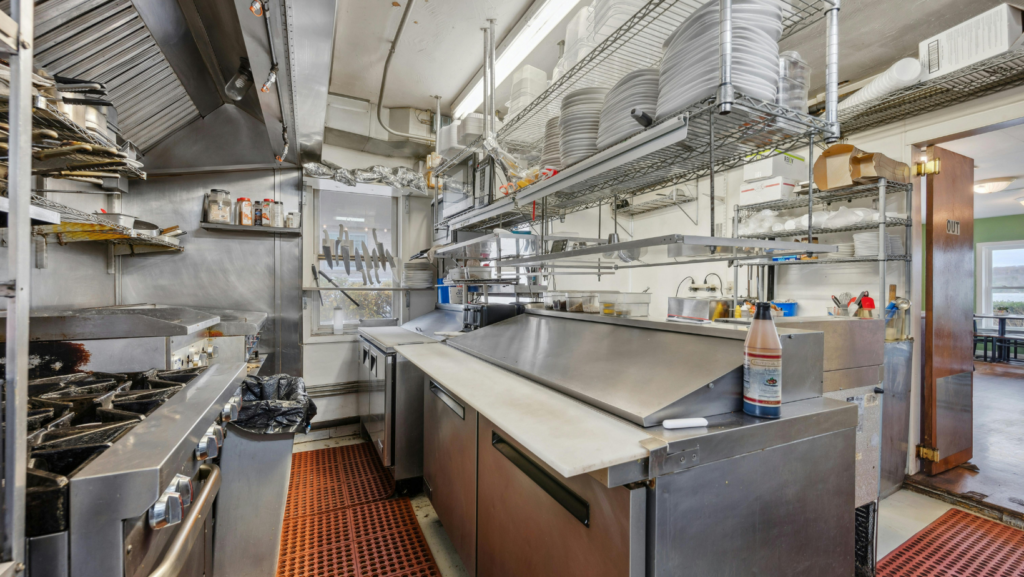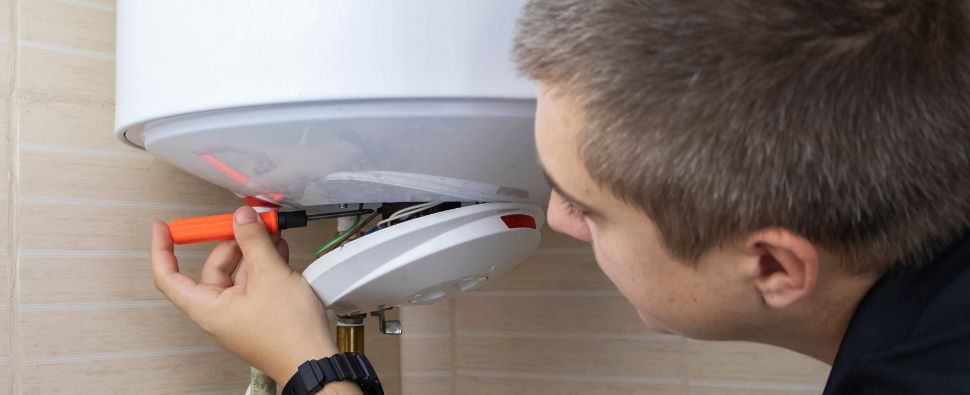

At Performance Plumbing, we specialize in maintaining and repairing plumbing systems for businesses across Alabama and the surrounding Southeast. This guide shares practical steps, checklists, and tips to keep your drains clear, prevent blockages, and maintain healthy commercial plumbing infrastructure.
Before diving into clog prevention, start with a plumbing inspection checklist. Here are the most critical items to review during your scheduled maintenance:

Install durable screens over every commercial floor drain, kitchen sink, and bathroom fixture. These help catch soap scum, debris, and organic matter like cotton, hair, and vegetables before they enter your drain pipes.
In the realm of commercial kitchen and bathroom maintenance, the installation of durable screens over floor drains, kitchen sinks, and bathroom fixtures has emerged as a pivotal practice for ensuring optimal drainage performance. These screens serve as a proactive barrier, effectively capturing a wide range of debris—ranging from soap scum to organic matter like hair, cotton, and food scraps—that often threatens to clog drain pipes. By intercepting these troublesome materials before they can enter the plumbing system, businesses can significantly reduce the likelihood of costly clogs and the associated downtime for repairs.
Moreover, implementing these screens not only enhances the longevity and efficiency of drainage systems but also contributes to a cleaner and more sanitary environment. Regular maintenance becomes simplified, as these screens can be easily removed and cleaned, preventing the accumulation of waste that can lead to unpleasant odors and hygiene concerns. In an age where operational efficiency is paramount, investing in durable screens is a small yet impactful step that helps maintain smooth operations in commercial settings, safeguarding against plumbing emergencies and promoting overall facility upkeep.
Routine maintenance is critical—Regular inspections, enzyme treatments, and drain cleaning can prevent costly plumbing emergencies.
Grease, debris, and improper disposal are the top causes of commercial drain clogs—train staff and install proper traps and strainers.
Professional services like hydro jetting and camera inspections are essential for long-term commercial plumbing system health.
Grease, soap, paper towels, starch, and debris from kitchens and bathrooms are the top culprits. Old pipes and tree roots can also block the main sewer line.
No. They corrode pipes and can damage your sewer system. We recommend safer cleaning agents like enzyme-based solutions or calling a plumber for drain cleaning.
At minimum, a full plumbing inspection should be done annually. More frequent checks are recommended for high-traffic facilities.
Yes, when done by trained commercial plumbers. Our team evaluates pipe conditions first to ensure it’s safe for your system.
Yes. Backflow devices are required in most commercial buildings in Alabama. They prevent contamination of your tap water and must be tested annually.
When summer rolls in across Alabama and the Southeast, commercial plumbing systems are put to the test.…
Does your business face unexpected expenses because of outdated plumbing care? This blog post examines hidden costs…
Explore Our Plumbing FAQs

Have questions about your plumbing systems? Check out our comprehensive FAQ section for expert answers and tips. From maintenance advice to troubleshooting common issues, our FAQs are here to help you keep your commercial plumbing running smoothly and efficiently.
Contact Us Today for Commercial Plumbing Services

Don’t let plumbing issues disrupt your business operations. At Performance Plumbing Inc., we’re here to provide tailored solutions that keep your systems running smoothly.

Performance Plumbing Inc. repaired our slab plumbing quickly and professionally. Their team was efficient, knowledgeable, and easy to work with. Highly recommend!
Michael Johnson │ Johnson Manufacturing

The team at Performance Plumbing Inc. is reliable and skilled. They installed our tankless water heaters perfectly. Great service every time!
Sarah Thompson │ Thompson Retail Group

Performance Plumbing Inc. always delivers exceptional results. Their expertise in slab plumbing and water heater installations is unmatched. Highly professional!
David Lee │ Lee Construction Services